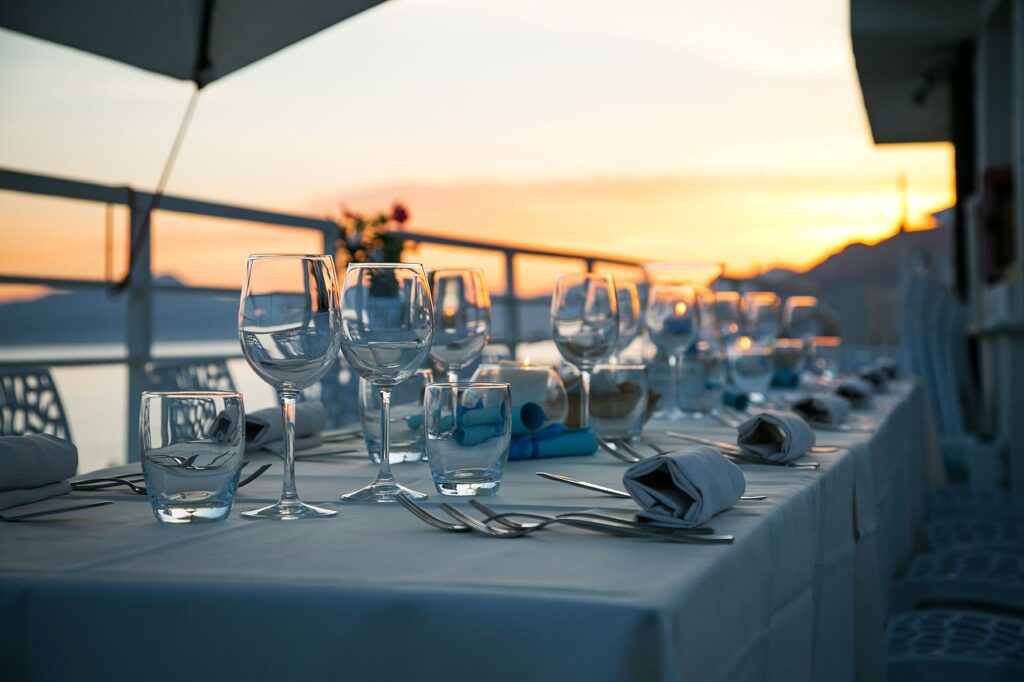What is Daskusza Exploration?
Let’s get straight to the point — no fluff. Daskusza exploration isn’t about comfort zones. It’s a minimalist, curious approach to travel where the journey is defined by letting go of structure. Think slow travel without rigid itineraries. Think small villages rather than urban capitals, conversations instead of excursion packages.
At its core, daskusza exploration values unpredictability. You don’t Google everything beforehand. You show up, observe, ask, and adapt. The name itself — “daskusza” — has no literal translation. It’s more of a mindset. One foot in the unknown, the other grounded in intention.
Pack Light, Think Deep
To explore this way, you’ve got to pack differently — not just your bag, but your mindset. Forget about planning every stop. Instead, focus on versatility. Take gear that works in various conditions. Keep your tech minimal — you’re not documenting everything for show.
This is as much about internal recalibration as external discovery. You’re resetting expectations. Less achievement, more insight. It’s not about ‘doing it all’; it’s about being where you are, with full presence.
Value Over Vanity
Let’s be honest: much of modern travel is performative. Instaperfect shots. Social media clout. Bragging rights. Daskusza exploration resists all that. You travel not to show off but to dig deep — into a place, a culture, maybe even yourself.
You might stay with a local family instead of a boutique resort. You might spend three days stuck in rain in a rural town — and that’s okay. You might meet someone who shares their legendary breakfast porridge recipe, and that’s the highlight of your month.
These aren’t accidents; they’re the point. The magic’s in the moments you can’t plan.
Local Over Luxurious
One of the defining features of daskusza exploration is prioritizing local, understated experiences. Instead of highend restos or global chains, it’s corner markets, grandmotherrun kitchens, dusty bookshops, and local gatherings. You inform your route through conversation. You ask locals instead of Yelp.
Yes, it might mean unexpected detours. It might mean slow buses, language barriers, hiccups. But it also leads to undiscovered corners and real relationships. Depth over drama, always.
Tech with a Purpose
Straight talk — you don’t have to ditch your devices. But use them more like tools than crutches. A map is handy, a translator app can help. But don’t reduce the journey to screens and stats. Let your senses lead, not your search bar.
If you journal, try doing it offline. Jot thoughts by hand. Sketch. Collect textures. Daskusza exploration thrives in analog moments — when you’re not distracted, you’re absorbing.
Communities That Embrace Daskusza
This approach isn’t for everyone — and that’s fine. But there’s a strong, often lowkey global community that’s already living this way. From offbeat travel blogs to quiet meetups in remote cities, daskusza travelers find and support each other.
Look for forums that avoid overplanning. Instagram accounts that post real stories, not just polished visuals. Podcasts that discuss challenges and core memories, not just bucketlist ticks. There’s more of this out there than you’d expect — you just have to tune in differently.
Starting Your Own Journey
If you’re interested in getting started with daskusza exploration, don’t overthink it. Pick a place that’s not wellknown. Leave chunks of your schedule open. Talk to people, ask dumb questions, take small risks. Let your trip evolve rather than control it.
And remember, you’re not failing if you don’t see every landmark or snap every vista. You’re succeeding if you feel grounded, connected, and curious.
Final Thoughts
Daskusza exploration isn’t revolutionary in form — people have traveled like this for centuries. But in a world obsessed with algorithms, convenience, and constant updates, it’s quietly radical. It reminds us that not everything needs to be optimized, documented, or explained.
Sometimes, it’s enough just to be somewhere. Attentive. Uncertain. Open.
Leave space. Let the story grow on its own. That’s the real journey.



